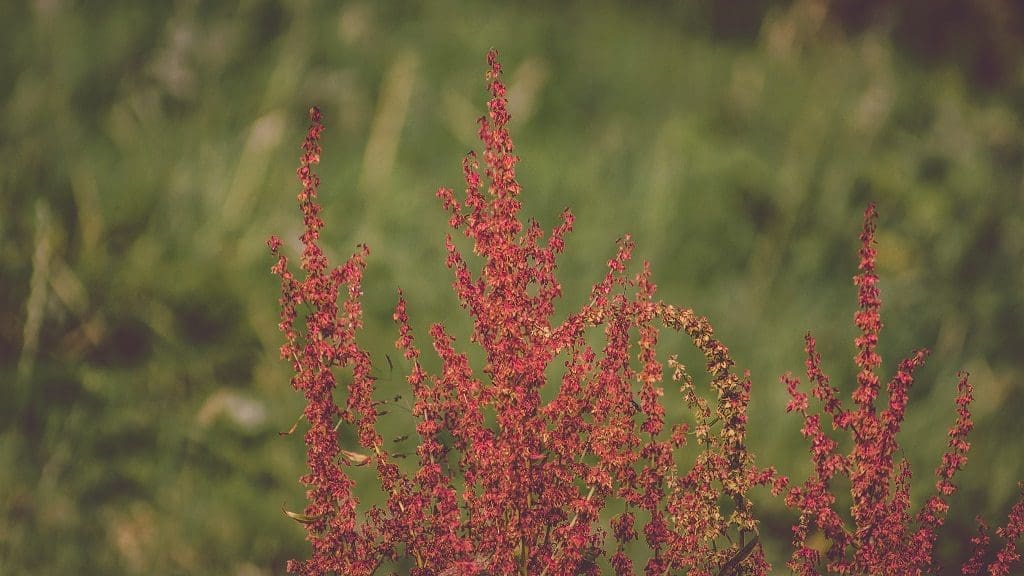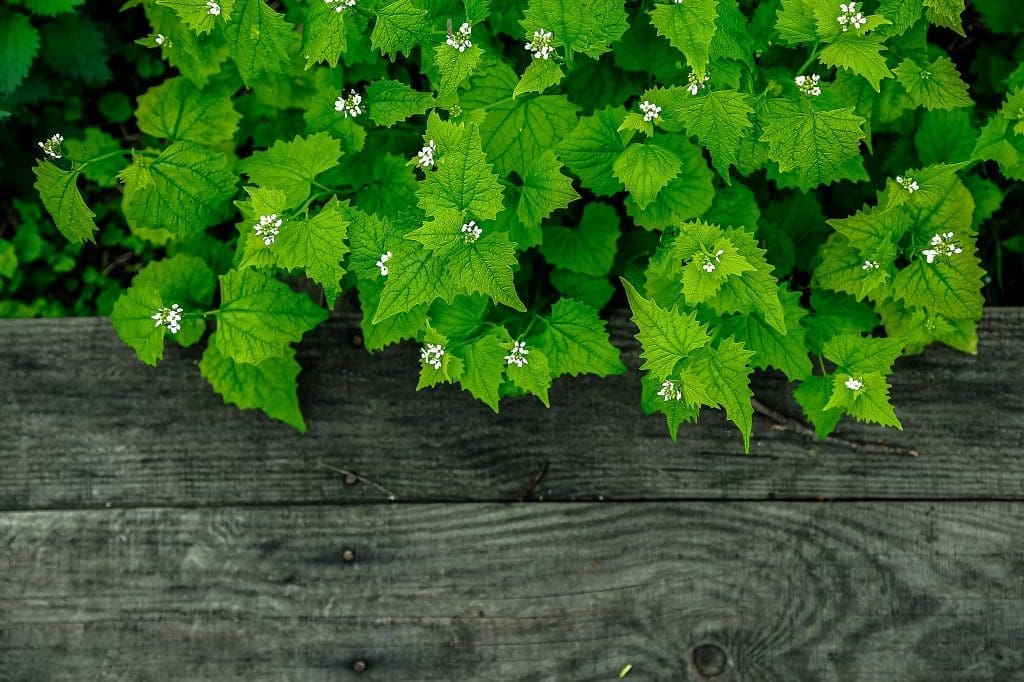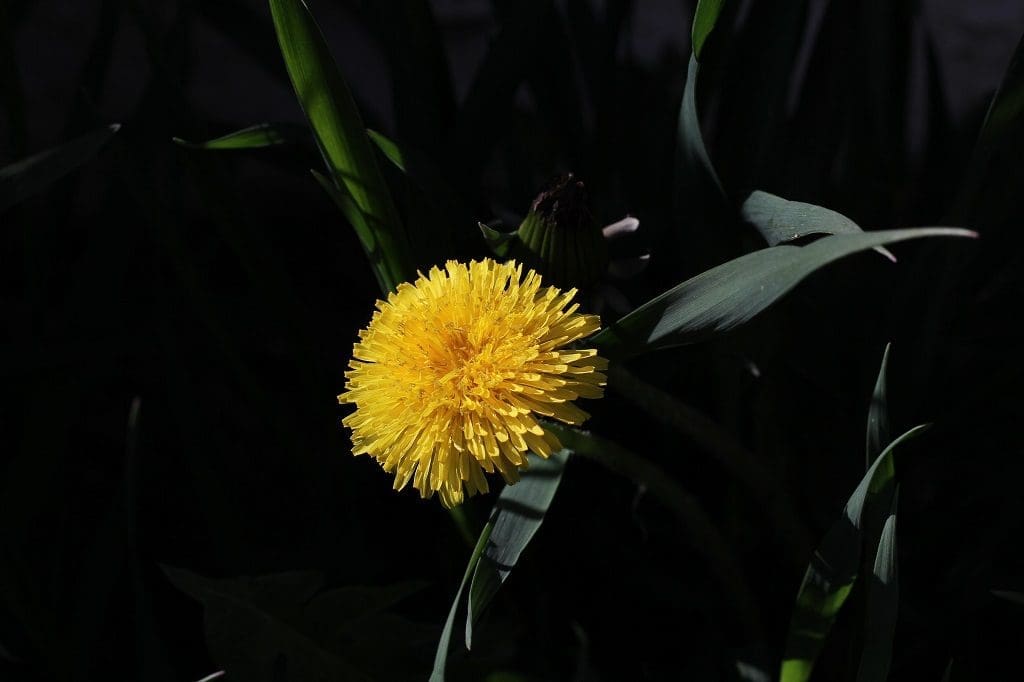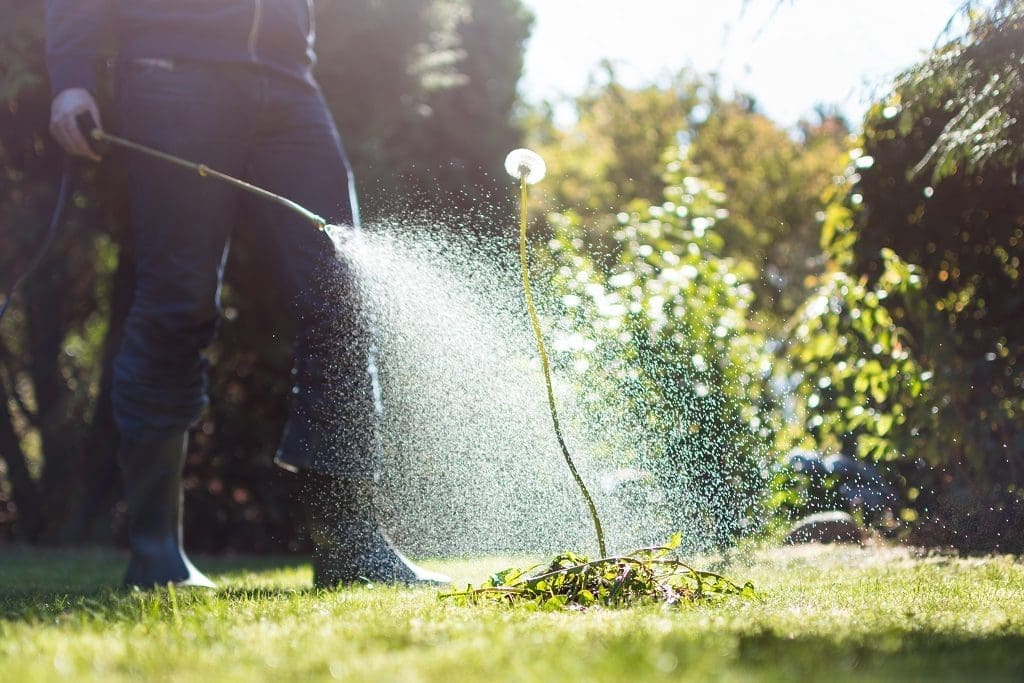Unfortunately, weeds are a common problem in lawns and gardens. And with a commercial landscaping property, this is amplified. While some weeds can actually be attractive and even provide some value, almost all weeds are problematic. If you have a lawn, garden, or larger landscaping area in the Ohio area, it’s essential to understand the different types of weeds you’ll commonly find and what to do about them.
To identify and get rid of the types of weeds you may find in an Ohio garden or lawn, read on here. We’ll address the specific characteristics of weeds and explain how to remove them.
Distinctive Characteristics of Weeds
Just like any other plant, weeds have specific and distinct characteristics and habits that you need to know about to treat them properly. There are essentially three ways to classify weeds, based on their growth habits, their appearance, and their life cycles. Among the most common weeds are the following types:
Annual Weeds: Germinating and spreading by seed, annual weeds have an average lifespan of – you guessed it – one year. This includes both winter and summer types of annual weeds. The winter varieties, such as chickweed, germinate in the late summer or early fall, are dormant in the winter, and grow during springtime. On the flip side, annual summer weeds germinate in the spring, grow during the summer, and are dormant when the cold weather arrives.

Biennial Weeds: These weeds, as their name suggests, go through their full life cycle in two years rather than one. That means they germinate and form rosettes in year one and produce flowers and seeds in year two. Among biennial weeds are bull thistle and garlic mustard.

Perennial Weeds: These weeds return every year and usually produce very long tap roots along with seeds. Dandelions, wild violet weeds, and thistles fall under this category and are typically the most difficult to treat.

Manual Weed Removal
If you’re a homeowner and have a somewhat small yard, pulling up weeds by hand is probably not a big deal. But if you’re managing a larger commercial landscape, the amount of attention and effort it would require to pull out all the weeds by hand would be monumental. Hand-pulling only really works when a few weeds are visible or if you see some weed sprouts after a rain. But relying on manual weed removal is not a smart idea.
That said, if and when you do pull up weeds, make sure you’re removing the entire plant, roots and all, to prevent any new growth. Some tough weeds are too strong for this method and may need to be dug out of the ground with a trowel.
Is Regular Lawn Mowing An Effective Method?
One of the best – and frankly easiest – ways to control the spread of weeds common to Ohio lawns is to make sure your lawns are mowed regularly and kept at the right height. You want to maintain your lawn but not keep it too short, somewhere around 3.5 or 4 inches. This allows your lawn to look beautiful, develop deep root systems, and out-compete most weeds for the sun necessary for them to germinate and sprout. It’s important to realize that regular mowing does nothing to eliminate weed roots, but it will help prevent seed heads from forming, thus slowing the spread of new weeds.
Herbicide Use

There are essentially two types of herbicides that you can use to control the spread of weeds in Ohio. They are called “pre-emergent” and “post-emergent” herbicides, and they both do exactly what you would assume they do. Pre-emergent herbicides will help prevent germination and sprouting, and post-emergent herbicides will kill a weed that has already begun to grow.
Both should be used at different times during the year for the best possible weed control. In Ohio, we recommend using pre-emergent herbicide in March for the Southern half of Ohio and in April for the Northern half of Ohio (depending on the soil temperature) to control summer weeds’ growth. Post-emergent herbicides are most effective when sprayed on young weeds and may require two or three different applications to be effective if used on more mature weeds.
How to Make The Right Choice?
Beyond the aforementioned varieties of herbicides, there are other classifications to consider and understand when choosing the right weed killer. There are selective, non-selective, contact, or systemic types.
Selective herbicides target very specific plants or weeds but will not affect other plants or turf. Non-selective herbicides will kill any living plant they are in contact with and should rarely (if ever) be used on lawns.
Contact herbicides only kill the parts of the plant they are actually in contact with (in other words, they do not kill roots). Systemic herbicides can spread throughout the entire plant system, above and below ground, to kill the entire plant.
Conclusion
As you can see, controlling and killing weeds is not a simple task, and it requires some knowledge and experience to get it right. In the Ohio area, Earth Development has extensive experience in weed control.
Our talented and experienced experts can create and implement a hassle-free weed management plan to help you achieve the weed-free landscape on your property that you desire.
Contact us now for a detailed consultation, and you’ll be on your way to eliminating weeds on your property!
